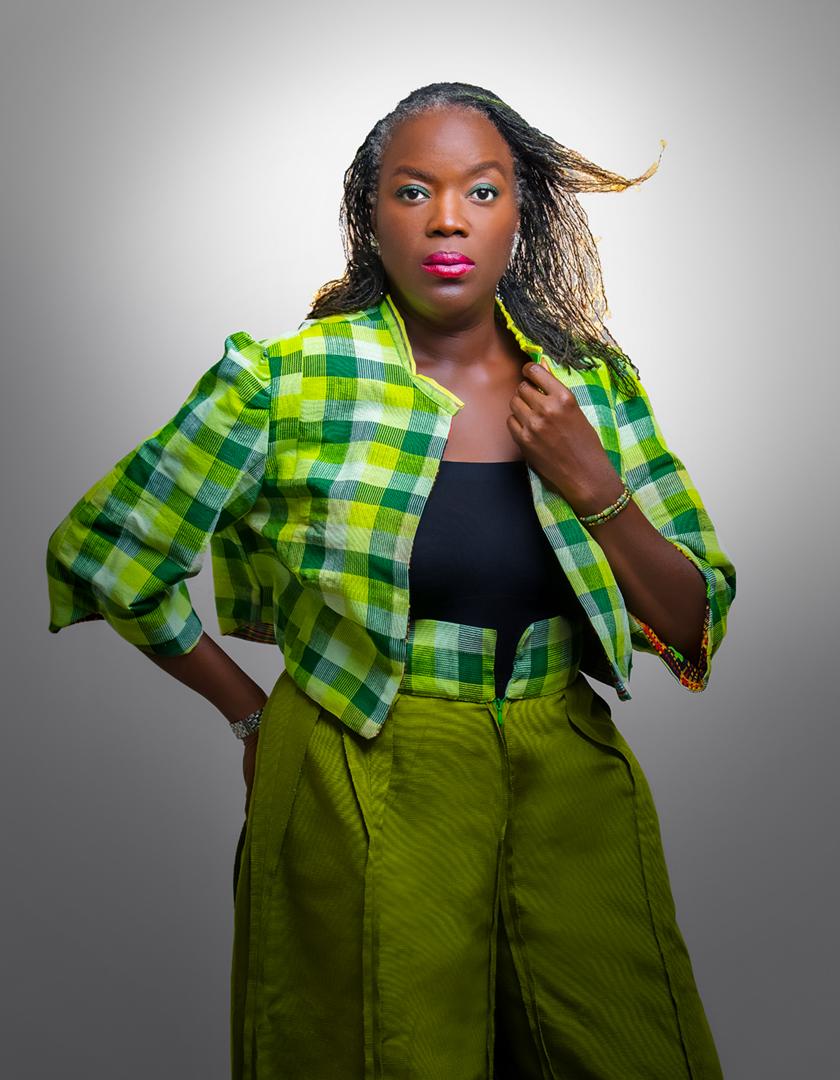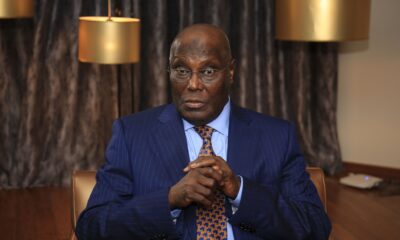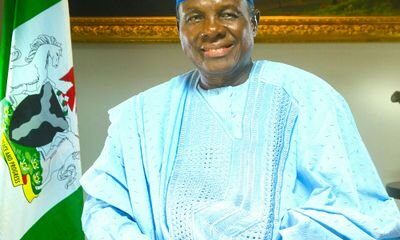Renowned actor and voice artiste EyiyemiOlivia Rogbinyin has been unveiled as the host of the maiden edition of the QEDNG Creative Powerhouse Summit, scheduled to hold on August 12, at the Radisson Blu Hotel, Ikeja, Lagos.
The announcement was made in a statement issued on Thursday by the Founder and Chief Executive Officer of Mighty Media Plus Network Limited, publishers of QEDNG, Olumide Iyanda.
“Actor and voice artiste, EyiyemiOlivia Rogbinyin, has been announced as host of the inaugural QEDNG Creative Powerhouse Summit holding on August 12, 2025, at Radisson Blu Hotel, Ikeja, Lagos,” the statement partly read.
He noted that with over 30 years of experience in theatre, film, and radio, EyiyemiOlivia is widely admired for her versatility and poise on screen and stage. She is best known for her roles as Iya Onidiri in Itura (M-Net Africa Magic) and Hajia Malaika Doherty in Dust.
He explained that she has featured in acclaimed productions by a host of celebrated creatives such as Bunmi Davies, Richard Mofe-Damijo, Ego Boyo, Biodun Stephen, Steve Gukas, Omoni Oboli, and many more.
“With a career spanning over three decades, EyiyemiOlivia is celebrated for her dynamic presence across theatre, film, and radio. She is widely recognised for her captivating performances as Iya Onidiri in Itura (M-Net Africa Magic) and Hajia Malaika Doherty in Dust. Beyond her acting talent, she has won the hearts of many for her strong advocacy for professionalism, humility, and courtesy on set, particularly in how cast and crew members are treated.”
“She has delivered stellar performances in theatre and film productions directed and produced by a long list of accomplished creatives, including Bunmi Davies, Richard Mofe-Damijo, Daniel Oriahi, Dipo Abdul, Ego Boyo, James Omokwe, Biodun Stephen, Hadizat Ibrahim, Momo Spaine, Tosin Igho, Steve Gukas, Dotun Olakunrin, Wande Thomas, Rogba Arimoro, Wumi Fosudo, Mide Glover, Omoni Oboli, Chris Odeh, and many others.”
Iyanda described the choice of EyiyemiOlivia as symbolic of the summit’s creative depth and emotional resonance. He further noted that her calm voice, commanding presence, and magnetic hosting style make her an ideal fit for the event.
He stated, “EyiyemiOlivia is more than a host. She is a storyteller who connects deeply with her audience. Her presence brings warmth, elegance, and a unique energy that perfectly aligns with the spirit of this summit.
“Known for her smooth voice and engaging personality, EyiyemiOlivia has built a reputation as a charismatic compere and voice artiste. She co-anchored radio shows such as Weekend Nigeria on Spirit of Nigeria Radio and The Praise O’Clock Show on Praiseworld Radio. Her ability to host with wits, grace, and empathy makes her a natural fit for the Creative Powerhouse Summit.”
Iyanda added, “Her collaborative spirit and respect for behind-the-scenes contributors make her compassionate and relatable to event attendees. From radio to stage to screen, EyiyemiOlivia has left a lasting impression everywhere she’s performed.”
The summit, he explained, will convene stakeholders from across Nigeria’s creative, policy, and financial sectors to explore actionable strategies for strengthening the country’s creative economy. The summit will feature two panel sessions moderated by veteran journalist Steve Ayorinde and broadcast expert Anike-ade Funke Treasure.
Previously announced guests include Udeme Ufot, Group Managing Director of SO&U, as chairman, and Dr. Nkiru Balonwu, founder of The Africa Soft Power Group, as keynote speaker
FOLLOW US ON:
FACEBOOK
TWITTER
PINTEREST
TIKTOK
YOUTUBE
LINKEDIN
TUMBLR
INSTAGRAM



































